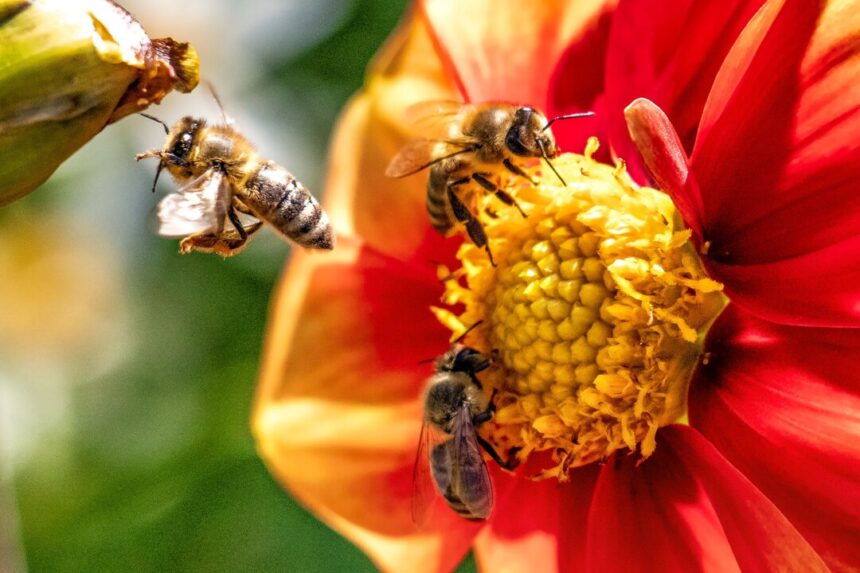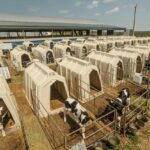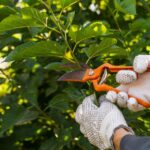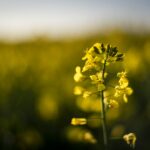Bees, often regarded as nature’s unsung heroes, play a crucial role in agriculture as pollinators. Their invaluable contribution to crop production and ecosystem health cannot be overstated. From ensuring the reproduction of flowering plants to enhancing crop yields and promoting biodiversity, bees are essential partners in sustainable agriculture. Here’s a closer look at the importance of pollinators and the role of bees in agriculture:
1. Pollination:
Pollination is the process by which pollen is transferred from the male reproductive organs of a flower to the female reproductive organs, leading to fertilization and the production of seeds. Bees, along with other pollinators such as butterflies, birds, and bats, are responsible for pollinating a significant portion of flowering plants worldwide. Many crops, including fruits, vegetables, nuts, and oilseeds, rely on bees for pollination to produce high-quality fruits and seeds.
2. Crop Yields:
The presence of bees significantly enhances crop yields and quality. Studies have shown that bee-pollinated crops often have higher yields, larger fruit sizes, and more uniform shapes compared to crops that rely solely on wind or self-pollination. In some cases, bee pollination can increase crop yields by up to 30% or more, leading to increased profitability for farmers and a more abundant food supply for consumers.
3. Crop Diversity:
Bees contribute to crop diversity by pollinating a wide variety of flowering plants, including both cultivated crops and wild plants. Their diverse foraging habits and ability to visit multiple plant species ensure the pollination of a broad range of crops, promoting agricultural biodiversity and ecosystem resilience. Additionally, bees help maintain the genetic diversity of crops by facilitating cross-pollination and gene flow between different plant varieties.
4. Ecosystem Services:
Beyond their role in agriculture, bees provide valuable ecosystem services that benefit biodiversity and ecosystem health. They pollinate wildflowers, trees, and other plants, supporting diverse ecosystems and habitats. Bees also play a critical role in the reproduction of many native plant species, which in turn provide food and habitat for wildlife. By supporting healthy ecosystems, bees contribute to ecosystem services such as soil fertility, water filtration, and carbon sequestration.
5. Food Security:
The importance of bees in agriculture extends to global food security. Many staple food crops, including fruits, vegetables, nuts, and legumes, rely on bees for pollination. Without adequate pollination, crop yields would decline, leading to food shortages, increased food prices, and economic instability. By ensuring the pollination of essential food crops, bees contribute to global food security and help alleviate hunger and malnutrition in communities around the world.
6. Economic Value:
The economic value of bees in agriculture is substantial. In addition to increasing crop yields and quality, bees contribute billions of dollars to the global economy through pollination services. Commercial beekeepers provide pollination services to farmers, renting out beehives to pollinate crops during the flowering season. The economic value of pollination services far exceeds the value of honey production, highlighting the vital role of bees in agricultural economies.
Bees play a critical role in agriculture as pollinators, contributing to crop production, biodiversity, and ecosystem health. Their importance extends beyond crop yields to food security, economic prosperity, and environmental sustainability. As stewards of the land, it’s essential for farmers, policymakers, and consumers to recognize the importance of bees and take action to protect and conserve these vital pollinators for future generations. By supporting bee-friendly practices and promoting pollinator-friendly habitats, we can ensure a thriving agricultural ecosystem and a sustainable food supply for generations to come.







